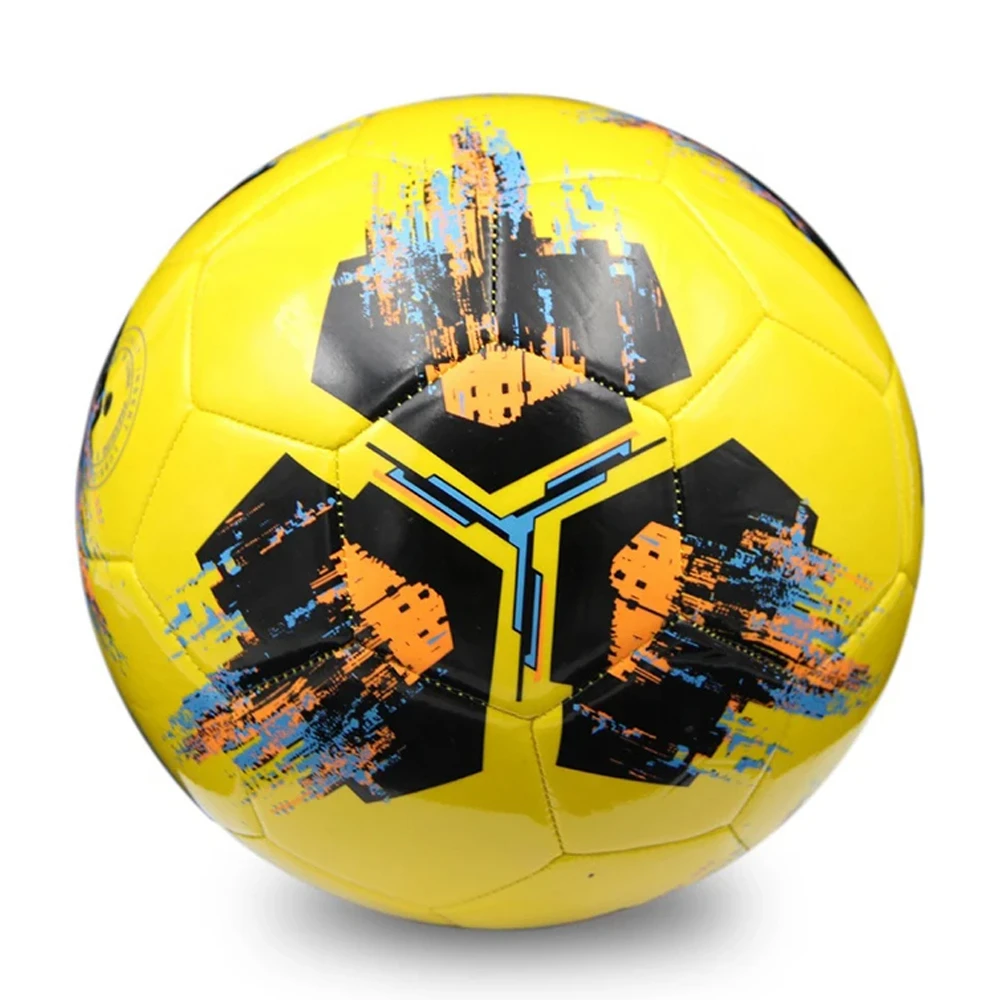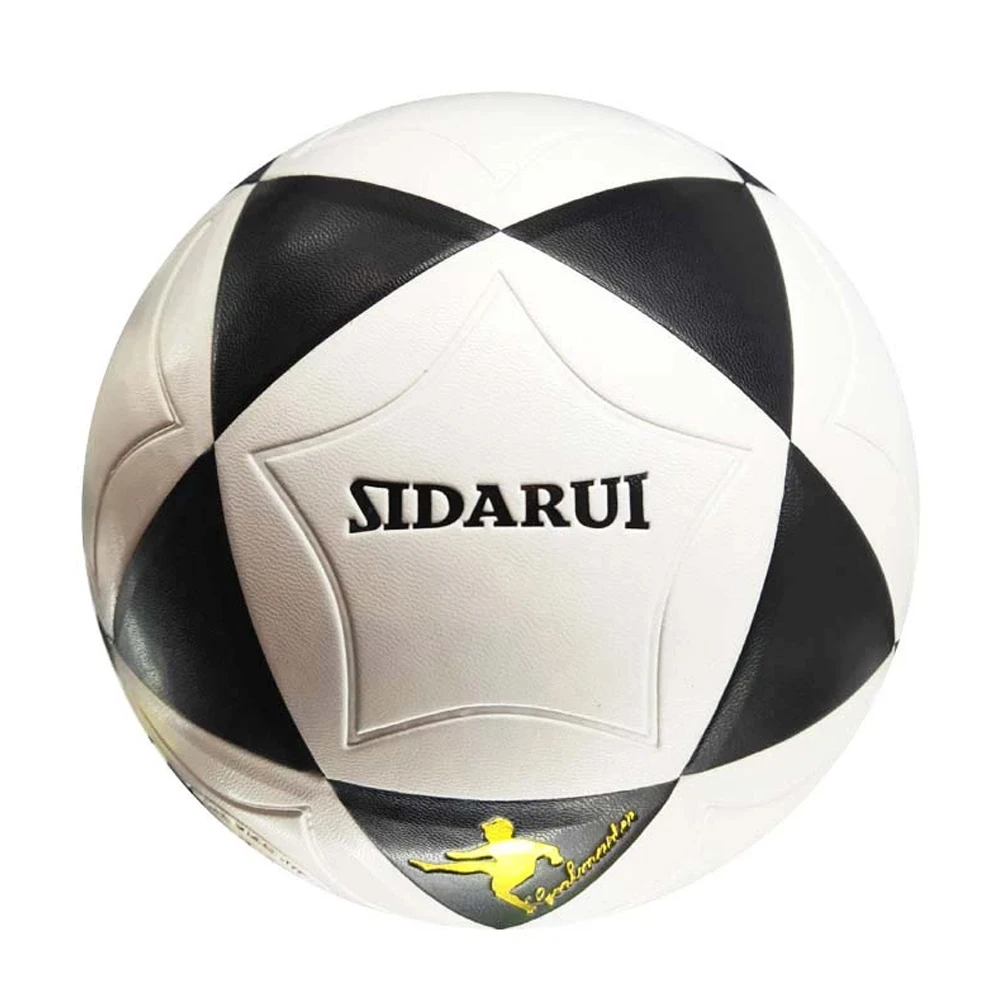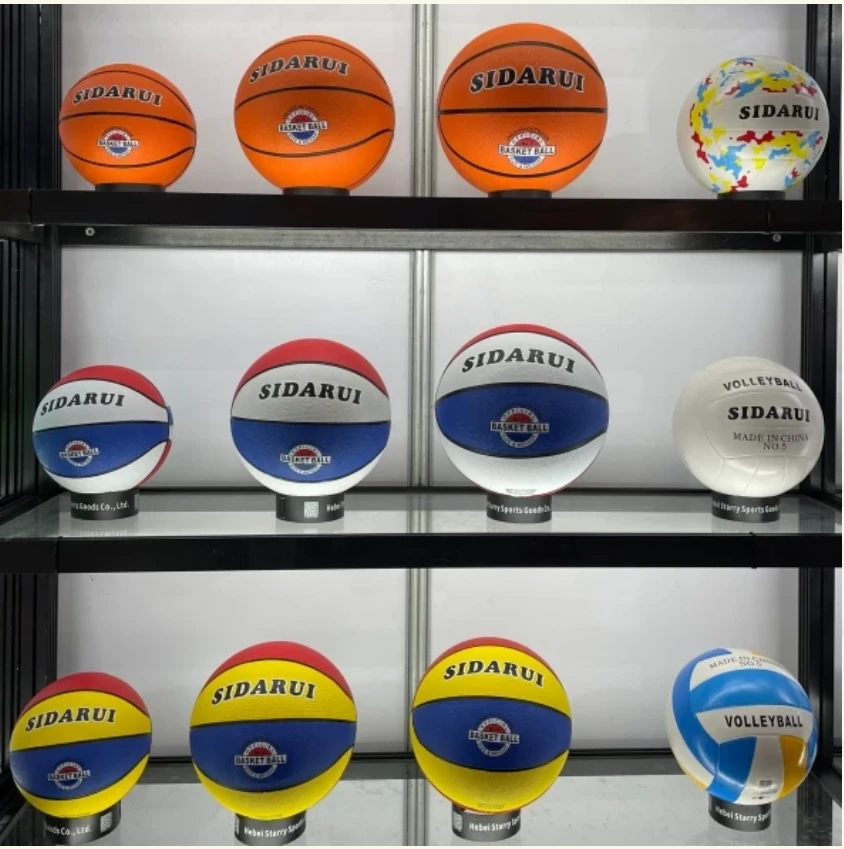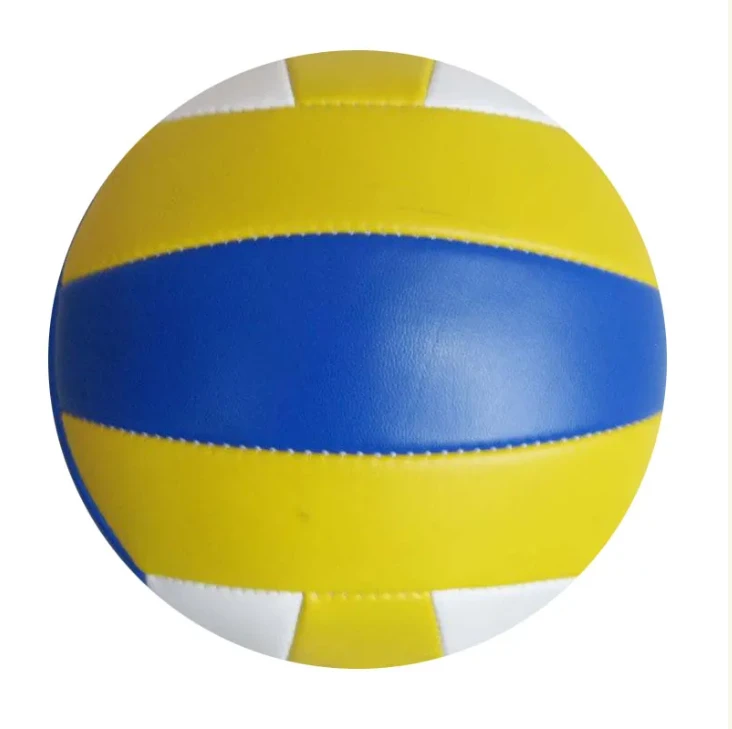The intricate journey of a football from concept to the vibrant greens of a soccer pitch involves an exquisite blend of tradition, technology, and craftsmanship. As a football manufacturer, creating a product that adheres to the highest standards of authenticity, performance, and sustainability is an art mastered over time. This article delves into the enchanting realm of football manufacturing, seeking to enlighten enthusiasts and professionals alike through a deep, exclusive exploration of the industry's best practices with a strong emphasis on experience, expertise, authoritativeness, and trustworthiness.
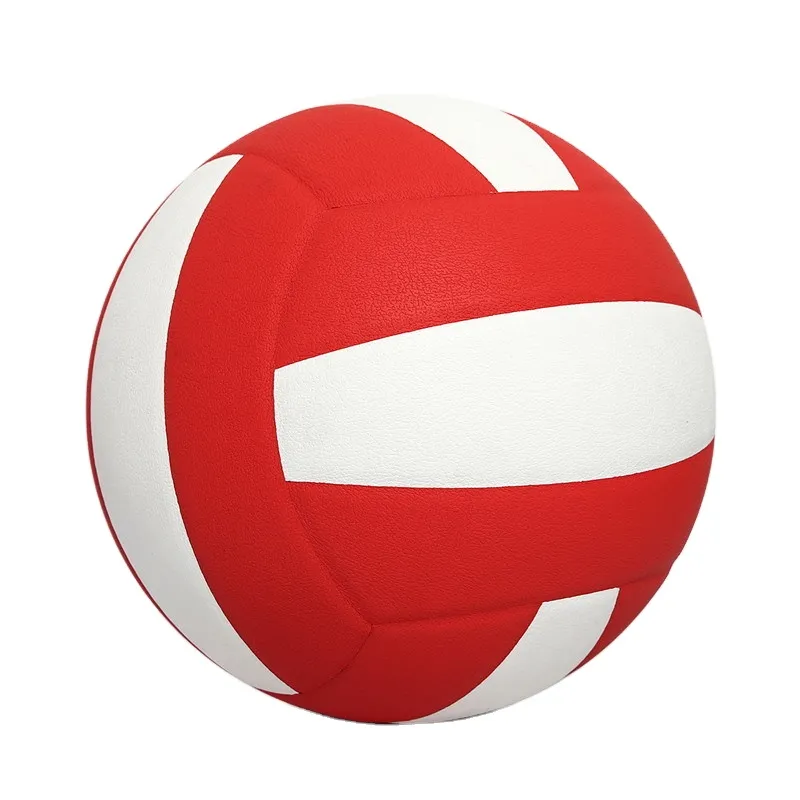
Crafting footballs that meet the expectations of players and fans begins with a meticulous design phase. A football's journey starts with a clear vision of innovation and user-experience. Designing involves understanding aerodynamics, material science, and user behavior — capturing what works both on and off the field. Advanced software and simulations now provide manufacturers with unprecedented insights into ball trajectory and balance, but decades of craftsmanship and passion still shape these insights into tangible performance.
Once designed, selecting the right materials is a crucial process grounded in expertise and sustainability. The outer covering, bladder,
and inner lining all demand specific considerations. High-quality footballs typically use synthetic leathers or polyurethanes that must endure various weather conditions while offering optimal grip. Manufacturers are now increasingly adopting recycled materials wherever possible, blending sustainability with performance. Such commitments not only uphold ecological responsibility but enhance brand trustworthiness.

The construction phase is where the alchemy of craftsmanship and technology unfolds. Stitching — be it hand-stitched or machine-stitched — must ensure durability and maintain shape retention through rigorous play. The juxtaposition of modern machinery with age-old techniques reflects an expertise exclusive to established manufacturers. At the forefront, companies that emphasize continuous training and skill enhancement for their workforce stand out, embodying authoritativeness in each meticulously constructed seam and perfectly spherical shape.
Attention to detail permeates through to the testing phase. Here, a ball is put through rigorous quality testing simulating a plethora of playing conditions. Precision measurements for circumference, weight, bounce, and water absorption create benchmarks that define excellence. The prowess lies not just in passing standards set by governing bodies such as FIFA, but in exceeding them. Trust is fostered through transparent showcasing of these quality assurances, reinforcing reliability and steadfast commitment to superior performance.
football manufacturer
Beyond the technical prowess, establishing a foothold as a credible entity in the football manufacturing niche entails nurturing relationships — with professional leagues, players, and even grassroots sports entities. Experience plays a pivotal role in crafting these partnerships, ensuring brand loyalty and product credibility. Proactive engagement with end-users provides invaluable feedback, perpetuating a culture of continuous improvement and customer-focused innovation.
In the ever-evolving landscape of sports and equipment, staying ahead demands a dedication to research and development. Manufacturers invest in emerging technologies like AI-driven analytics and materials science breakthroughs to refine product offerings continually. Engagement in cross-industry collaborations often accelerates this innovation, establishing a manufacturer's reputation as a thought leader.
Building a narrative of transparency and ethical practices further fortifies the foundational trust. In recent years, concerns over ethical manufacturing and labor practices have spotlighted the importance of corporate responsibility. Manufacturers adopting fair-trade practices and ensuring worker welfare not only enhance brand perception but lead the industry towards a more humane future.
In conclusion, a football's journey from a manufacturer's workshop to the adrenaline-charged moment on the pitch is a magnum opus of experience, expertise, authoritativeness, and trustworthiness. Football manufacturers who masterfully combine traditional craftsmanship with cutting-edge technology, sustainable practices, and customer engagement create products that resonate with authenticity and excellence. As these companies advance, their commitment to innovation, quality, and ethical practices assures their place in the annals of athletic history, trusted not just for the products they create, but for the progressive values they embody.






